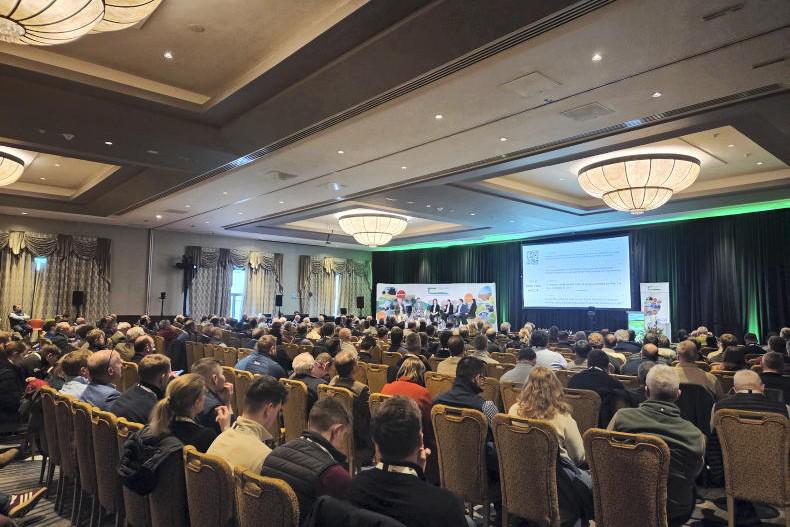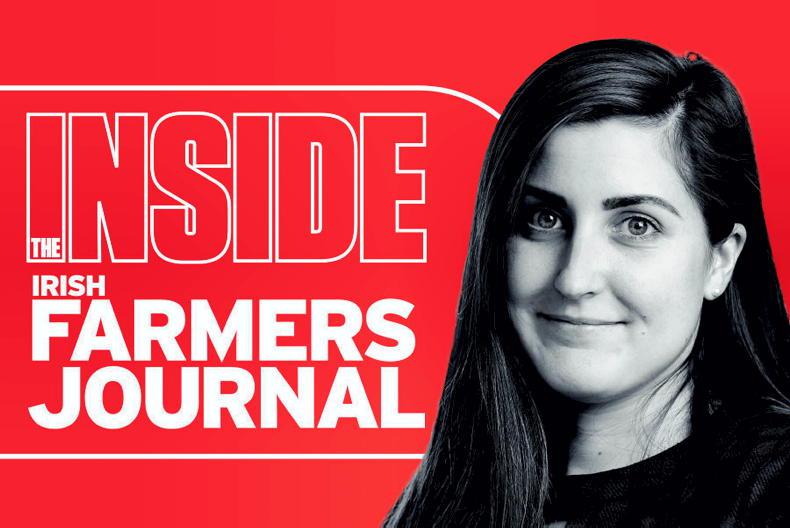A requirement of the Government’s proposed Suckler Carbon Efficiency Programme that will prevent suckler farmers from increasing herd sizes will be harmful to the income of family farms, Sinn Féin spokesperson for agriculture Matt Carthy TD has said.
Measures should instead be proposed by the Minister to penalise the production of feedlot beef, McCarthy suggested.
“This is a nonsensical proposition. Irish suckler farmers produce some of the most environmentally sustainable and natural beef in the world,” the Cavan-Monaghan TD stated.
“It is ludicrous that, rather than adopt such an approach, the Minister for Agriculture intends to instead artificially restrict herd sizes at home.”
The comments came as the Department confirmed its intention to keep the herd cap clause in its proposed suckler scheme for the post-2022 CAP Strategic Plan.
Environmental credentials
The Sinn Féin TD went on to explain his belief that the environmental credentials of Irish beef could be used to deliver a better return for family farms.
“This should be celebrated and capitalised upon to enhance family farm incomes for those who have been operating on margins much too tight for far too long. The sad reality is that our premium product is also the least profitable," he said.
He then outlined his party’s commitment to establishing protected geographical indicator (PGI) status for Irish suckler beef, stating his confidence that the delivery of such a scheme could guarantee higher incomes for suckler farmers.
“The environmental credentials of Irish suckler beef are so strong that Sinn Féin have long advocated for a dedicated suckler PGI that we believe could deliver a real premium for suckler farmers,” McCarthy added.
New scheme details
McCarthy called on the Government to make clear further details of the suckler scheme, with the payment rates a particularly unclear area of the proposals.
“However, while a Sinn Féin scheme would deliver up to €300 per cow-calf pair with degraded payments up to 100 pairs, the Government has yet to clarify what their payment schedule will be."
He also raised concerns that would arise in some cases should payments be made on an inflexible historically-determined herd size.
“I am particularly concerned that if there is inflexibility with the reference year this could unfairly penalise younger farmers who might have only been in the process of building up their herds during a proposed reference period."










SHARING OPTIONS